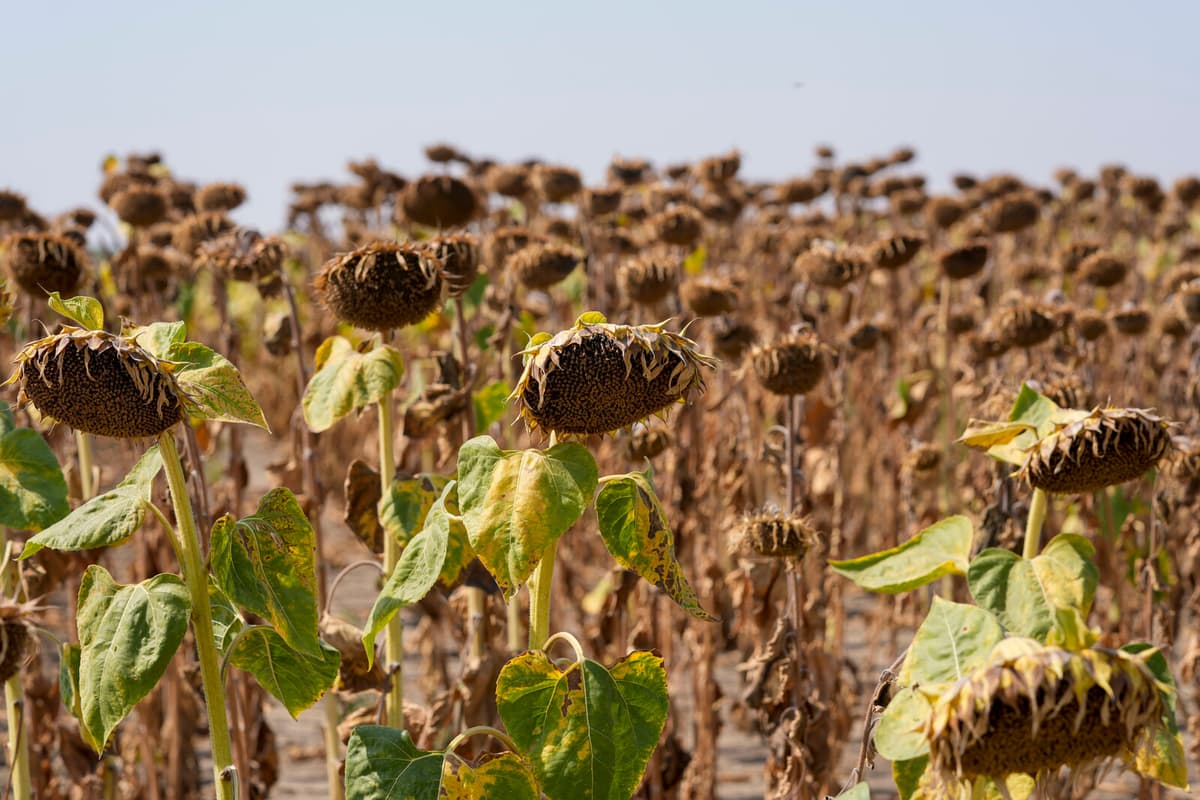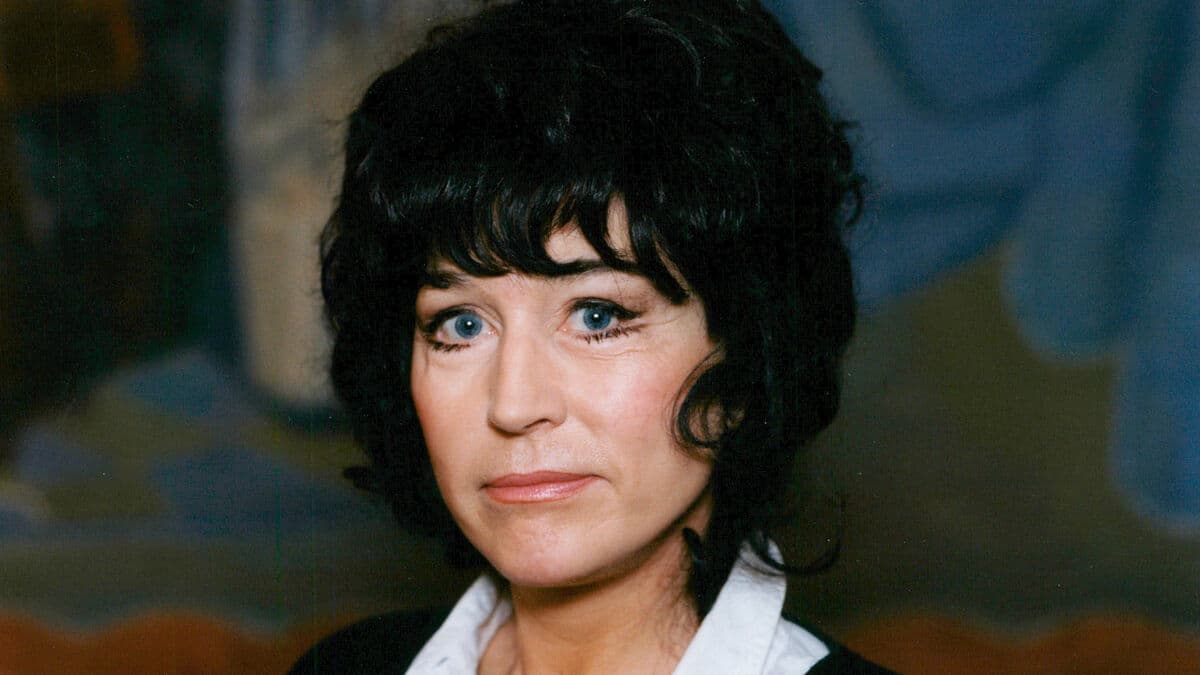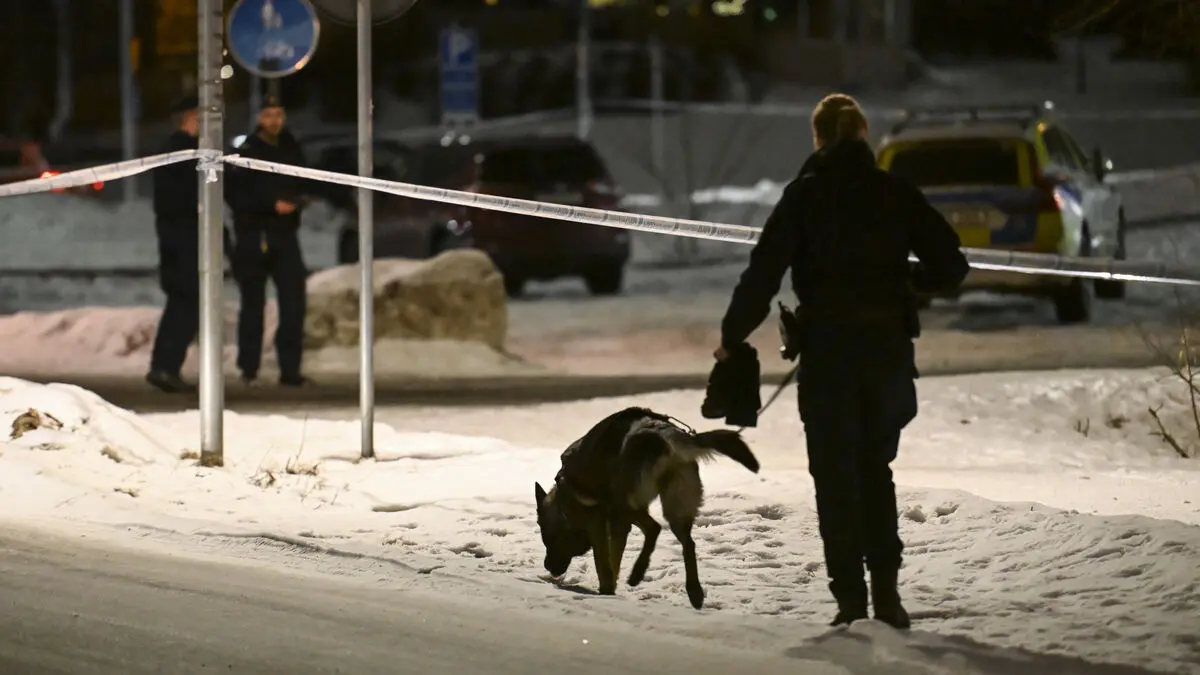For many years, researchers and meteorologists could never say that a single weather phenomenon - a storm, heatwave, or snowstorm - was caused by climate change. But in recent years, researchers dare to point out the connections. We can thank attribution science for this, a method used to see if climate change caused a particular extreme weather event.
This has changed quite dramatically over the past ten years, says Friederike Otto.
She is a professor at the global climate change program in Oxford, teaches at Imperial College in London, and is one of the leaders of World Weather Attribution (WWA), a research network that works to quickly draw conclusions about whether a particular weather event was caused or exacerbated by climate change.
Several advances
She explains that several things have made this change possible. One is that computer power has become cheaper, which is required to run the different climate models. Another is that more data from the models - the same type used to make weather forecasts - has been released in recent years, and a third is that methods for probability and intensity of extreme weather events have been developed.
The past ten years have also seen emissions increase and increase, so the increase in global temperature, and thus weather changes, has become much more visible than it was just ten years ago, she says.
What researchers at WWA do is take an extreme event and compare it with all possible weather on that site in climate models, as well as with previous observations from the site - all available weather statistics.
Since researchers know that climate change has so far raised the temperature on Earth by 1.3 degrees, they can remove the warming from the climate models and run the same scenario again. This way, they get all possible weather on the site in a world where human emissions did not occur, as it was during pre-industrial times.
When all possible weather in today's climate is compared with all possible weather without emissions, the difference caused by climate change becomes visible.
For example, researchers could see that the probability of weather like Hurricane Helene, which hit the US at the end of September, is now calculated to occur every 53 years, compared to every 130 years in pre-industrial times.
In a similar way, one can say that global warming has, for example, strengthened the winds in a storm or increased the rainfall that the weather system releases.
Could not have occurred earlier
In some cases, one can even conclude that a weather phenomenon would not have been able to occur without climate change. WWA has, for example, gone through eight extreme heatwaves that hit different parts of the world this year and last year. Six of them would not have been able to occur without climate change, and the other two have become much more likely due to climate change.
It might have been a heatwave anyway, but it would have been much cooler and maybe not even been considered a heatwave, says Otto.
One of them that would not have been able to occur earlier was the one that hit Italy, Greece, Spain, Portugal, and Morocco in July. There, the temperature would have been 3 degrees lower without climate change.
WWA has, among other things, looked at nighttime temperatures during the heatwave in the African Sahel region in April this year, which were particularly high. They make it impossible for those affected who lack air conditioning to recover.
Those temperatures would never have risen so high without climate change, so it is essentially impossible for a similar heatwave to have occurred, she says.
Heatwaves are often underestimated, according to her.
Deaths associated with heatwaves are often counted in hundreds or thousands. But people do not lie dead on the ground like after a storm or flood, but rather die quietly in their poorly insulated homes or in refugee camps.
Not all weather
Some think that all bad weather gets worse due to climate change. But that's not the case, emphasizes Otto. Some studies that WWA conducts show that climate change neither makes nor breaks the individual case.
We have looked at some droughts in southern Africa, where climate change did not play a major role. There are also some seasonal events where very wet seasons do not necessarily have anything to do with climate change.
The models can also be used to add the carbon dioxide that is expected to be emitted in the future, to see how the weather will be in the future. Heatwaves around the Mediterranean, which previously could never have occurred, are now expected to occur every tenth year. In the future, they are expected to become even more frequent, warmer, and more prolonged.
I think that attribution studies change the way we talk about climate change. One of the reasons we do them, and try to do them quickly, is that they help to link experiences of weather to the relatively abstract signs of climate change, says Friederike Otto.
The method for linking individual weather events to climate change consists of eight steps.
1. Choose which event you want to analyze. WWA chooses extreme weather events that have had a significant impact.
2. Define the event. Choose which values to compare (e.g. temperature, precipitation, wind speeds), how they are measured (e.g. highest/lowest or average temperature), where they occurred, and how long the event lasted.
3. Compare with previous weather data to see how often similar events have occurred before and if they have become more frequent. You need at least 50 years of data, but preferably 100 years.
4. Evaluate which climate models to use.
5. Run climate models with today's climate to calculate the probability of the weather phenomenon occurring. Then run the same models in a theoretical world without human climate emissions. It is also possible to compare with how common a phenomenon is in a future world if emissions continue.
6. Use weather data and climate models to calculate the total risk of the weather phenomenon occurring.
7. Assess the risk to life and property, and take into account the vulnerability of society.
8. Communicate the results in an appropriate way.
In the same way that heatwaves, droughts, and extreme weather become more frequent in the wake of climate change, cold snaps become fewer here in the north.
In January this year, the temperature at SMHI's measurement station in Vittangi dropped to -44.6 degrees, and in Oslo, the temperature was -31.1.
WWA investigated both a cold snap in five days in the north and a one-day event in Oslo, and saw that the temperatures in both cases would have been four degrees colder without emissions of climate gases.
The probability of the one-day event is twelve times less likely, and the five-day event five times less likely, in today's climate compared to pre-industrial times.
Source: SMHI






